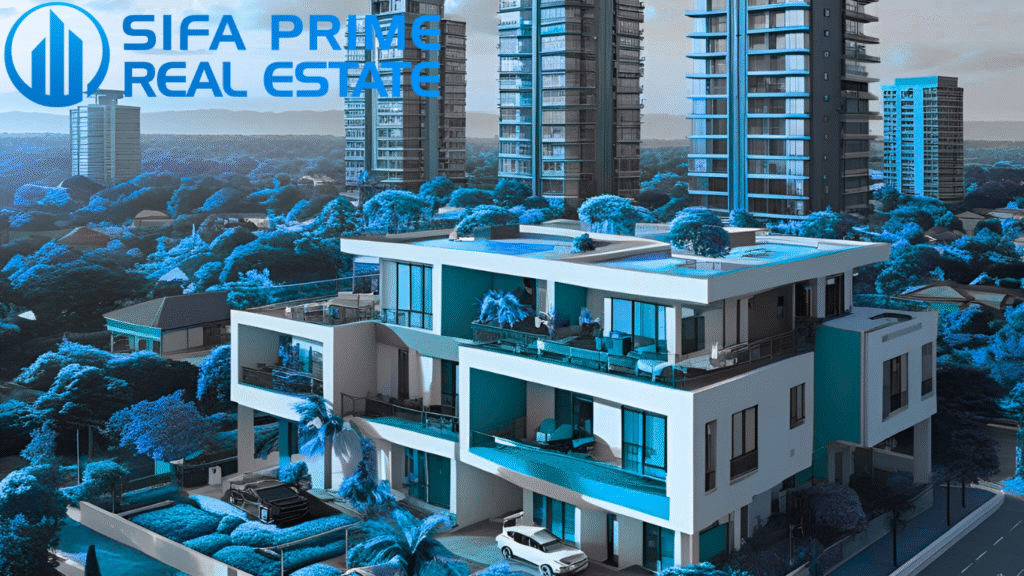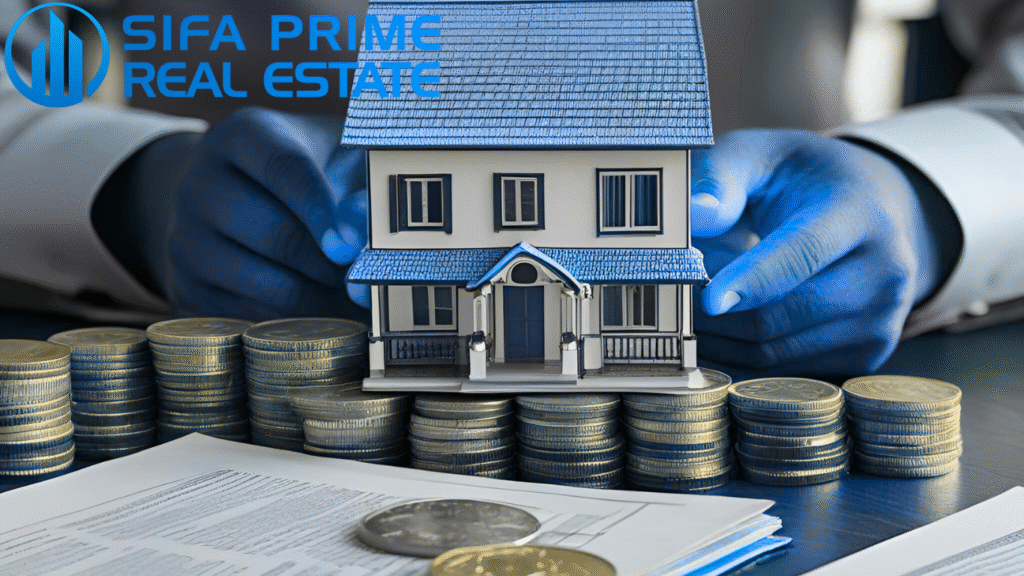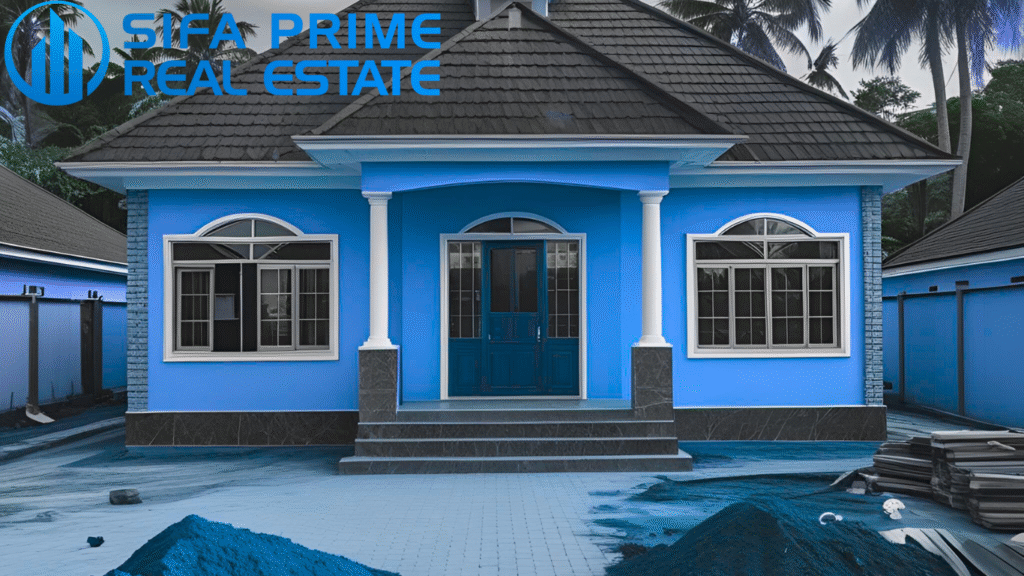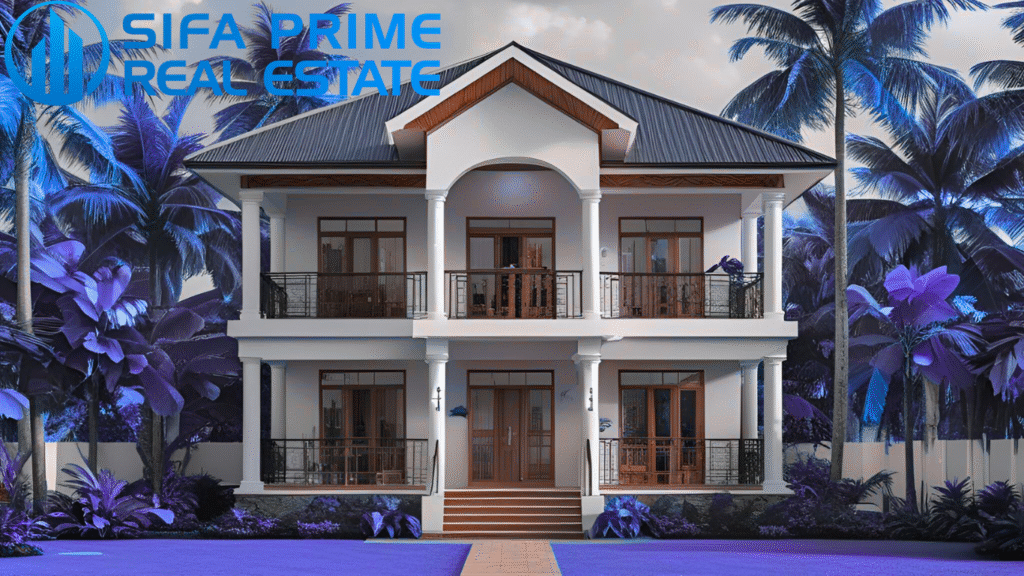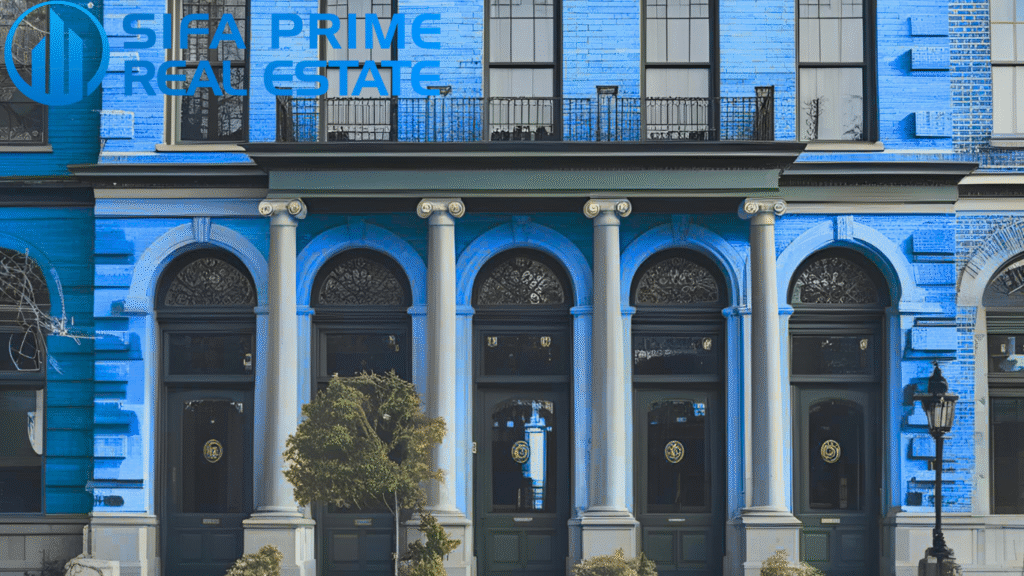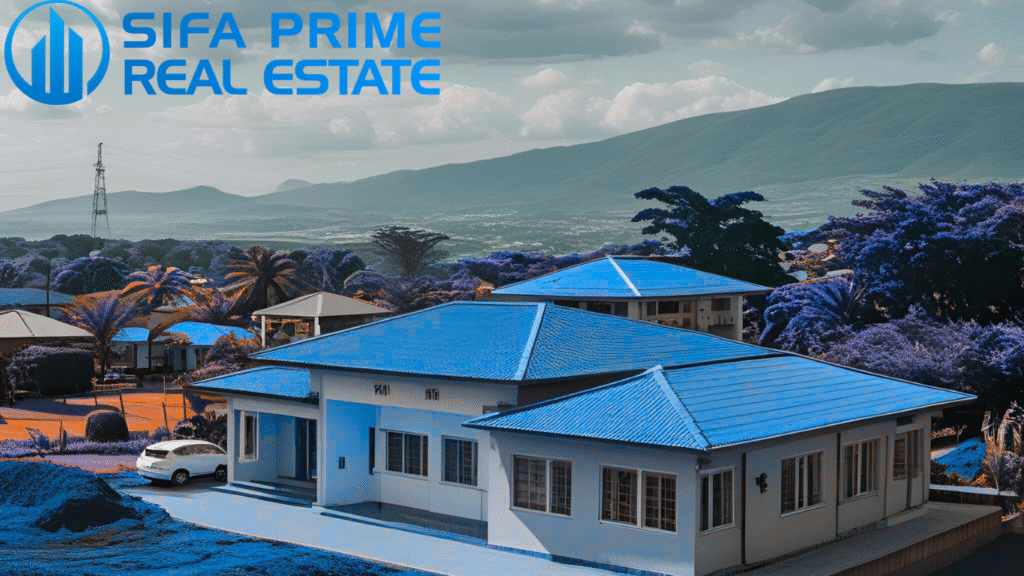How to Identify High-Growth Areas for Property Investment in Ghana
Identifying high-growth areas for property investment in Ghana is essential for investors seeking strong returns and long-term value. Ghana’s real estate market has shown impressive growth over the past decade, driven by factors such as economic stability, urbanisation, and increased foreign investment. For investors, the ability to spot locations with untapped potential can make the difference between average returns and substantial capital appreciation. By understanding market trends, infrastructure developments, and demand drivers, investors can strategically position themselves in areas poised for rapid growth and profitability. Understanding the Growing Real Estate Market in Ghana Ghana’s real estate sector has transformed significantly due to rapid economic development and a growing middle class. The country’s stable political environment and sustained economic growth have made it an attractive destination for both local and foreign investors. Urban centres like Accra, Tema, and Kumasi are expanding at a remarkable pace, with increased demand for residential, commercial, and mixed-use properties. Factors such as rising disposable incomes, population growth, and improved infrastructure are further fuelling this upward trend. As more people seek modern housing and investment opportunities, the real estate market in Ghana continues to present profitable avenues for discerning investors. The Rise of Property Investment in Ghana Property investment in Ghana has witnessed a significant surge, driven by both domestic and international investors. The rise in demand for modern residential units, commercial spaces, and mixed-use developments has reshaped the real estate landscape. Investors are attracted to Ghana due to its stable economic outlook, a growing urban population, and increasing foreign direct investment. Additionally, infrastructure improvements, such as better road networks, upgraded airports, and large-scale housing projects, have enhanced the appeal of real estate investments. The consistent rise in property values and rental yields across prime locations underscores the strong potential for capital appreciation and income generation in Ghana’s real estate market. Key Property Hotspots in Ghana Ghana’s major cities, particularly Accra, have several property hotspots that have become focal points for real estate investment. These locations offer a blend of high demand, strong infrastructure, and premium amenities that attract professionals, expatriates, and high-net-worth individuals. Each of these hotspots offers unique advantages, ranging from proximity to business districts and international schools to luxury amenities and scenic views. Investors targeting these areas often benefit from higher rental yields, steady appreciation, and a resilient property market. Airport Residential Area Accra Airport Residential Area is one of Accra’s most prestigious and sought-after locations for property investment. Situated near Kotoka International Airport, it offers exceptional accessibility and convenience for frequent travellers, expatriates, and business executives. The area is known for its high-end apartments, luxury villas, and proximity to international schools, embassies, and shopping centres. Over the years, property values in this area have remained stable and continue to appreciate due to its prime location and consistent demand from both long-term residents and corporate tenants. Cantonments Accra Cantonments is a premium residential neighbourhood that has become synonymous with luxury living in Accra. It is home to numerous embassies, diplomatic residences, and high-end gated communities, making it a preferred choice for expatriates and affluent families. The area’s well-maintained infrastructure, proximity to business hubs, and availability of international schools enhance its appeal. Property prices and rental rates in Cantonments have steadily increased, offering investors strong returns and minimal vacancy risks. Its blend of modern amenities and security makes it one of Accra’s top high-growth areas. East Legon Accra East Legon is a rapidly developing area that has emerged as a prime hub for both residential and commercial investments. Its strategic location, close to major business districts and the University of Ghana, makes it highly desirable for professionals and students alike. East Legon features a mix of modern townhouses, apartments, and upscale shopping centres, making it ideal for investors seeking properties with high rental demand. The continuous infrastructure upgrades and influx of new luxury developments ensure strong ROI potential and long-term growth for investors in this area. Trassaco Valley Accra Trassaco Valley is known for its exclusivity, premium gated communities, and world-class villas. This upscale neighbourhood caters to Ghana’s elite, high-ranking officials, and international investors who prioritise security, luxury, and privacy. The area boasts beautifully landscaped surroundings, private recreational facilities, and high property values that continue to appreciate due to limited availability and growing demand. Investing in Trassaco Valley offers long-term growth prospects and access to one of the most exclusive real estate markets in Ghana. Ridge Accra Ridge is a centrally located neighbourhood that offers a unique mix of colonial-era charm and modern luxury developments. Its close proximity to government offices, financial institutions, and business districts makes it highly attractive for professionals and diplomats. Ridge is experiencing a steady rise in property demand, particularly for serviced apartments and modern residential complexes. With its rich history, strategic location, and ongoing development projects, Ridge remains a top choice for investors seeking both rental income and capital appreciation. Factors to Consider for High Growth Areas When evaluating high-growth areas for property investment in Ghana, understanding the key factors that influence demand and value appreciation is essential. These factors include the presence of essential amenities, robust infrastructure, and a thriving local economy. Locations that combine convenience, accessibility, and lifestyle benefits tend to attract buyers, tenants, and businesses, driving property prices upward. Investors who carefully analyse these elements can identify neighbourhoods with strong potential for long-term returns and market stability. Proximity to Essential Amenities The availability of essential amenities such as healthcare facilities, educational institutions, shopping centres, and leisure venues plays a crucial role in determining the value of a property. Areas located near these amenities are often more desirable, which leads to higher occupancy rates, better rental yields, and faster appreciation in property values. For investors, selecting a location with a strong network of nearby amenities ensures steady demand and a competitive advantage in the market. Healthcare Facilities Access to quality healthcare is a major factor influencing property desirability, particularly among families and expatriates. Neighbourhoods located near reputable hospitals, clinics, and specialised medical centres attract long-term residents who

